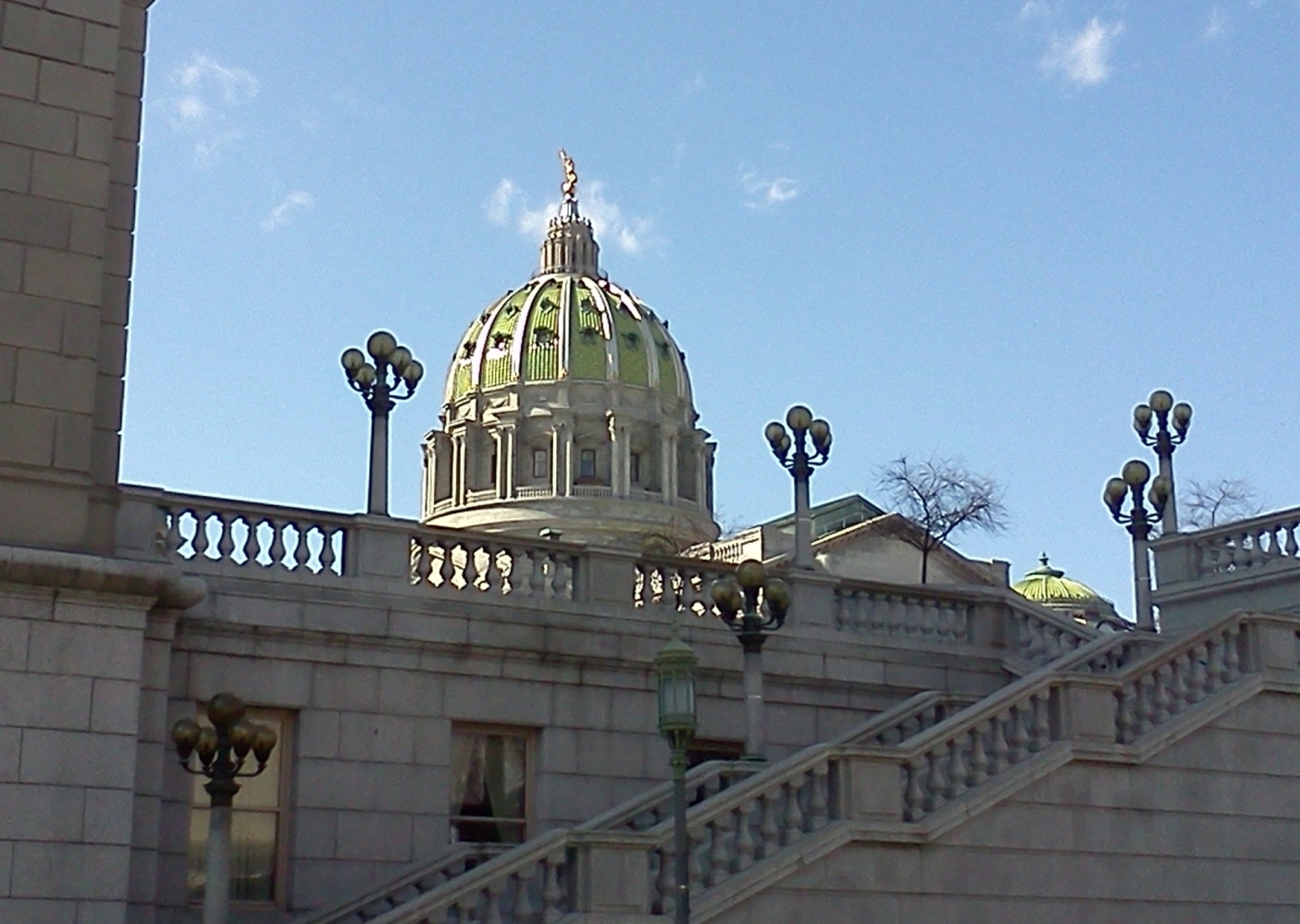Whistle-blower Website Focuses on Appalachian Region
Inspired by Wikileaks, a group of freelance journalists and computer scientists has developed a website known as Honest Appalachia. “We hope to allow whistle-blowers to anonymously and securely upload documents to our site, which we will then vet for authenticity,” says co-founder Jim Tobias.
It’s risky being a whistle-blower, according to Tobias. “So we felt that this resource would take that risk and replace it with a secure website that will enable whistle-blowers to more confidently blow the whistle on what they see as corruption.”
The launch of Honest Appalachia prompted discussion on the most recent edition of Ask the Governor. For his part, Governor Tom Corbett says he doesn’t trust anonymous sources. “You can say anything you want when you’re anonymous. If you say something, stand behind it.”
Tobias disagrees. He says anonymous whistle-blowing can be critically important to democracy. “Arguably the most important, crucial case of whistle-blowing in US history was done by an anonymous source, which was when Deep Throat leaked information to Bob Woodward and Carl Bernstein that enabled them to uncover the Watergate scandal.”
Per its name, Honest Appalachia covers a seven state region that includes Pennsylvania. Tobias says they’re already following a few leads, but are moving slowly because of their commitment to journalistic integrity. “We really don’t want to put anything out there that isn’t true.”








A Response to Governor Tom Corbett
By Honest Appalachia
Last week, Pennsylvania’s Governor Tom Corbett appeared on the radio program PAMatters and was asked to comment on the launch of Honest Appalachia. He said he read about Honest Appalachia in a news clip, but that he did not “believe in anonymous sources.”
“I have always had trouble with Wikileaks or anybody else. […] You can say anything you want when you are anonymous,” said Corbett. “If you say something, stand behind it.” Listen to Corbett discuss Honest Appalachia here.
Corbett’s comments deserve a response, which will give us an opportunity to delve more deeply into the philosophy behind and importance of anonymous whistleblowing.
Let us begin by stating that anonymous whistleblowing has had a crucial role in the maintenance of honest and open government in American society. Consider the Watergate Scandal, which was uncovered thanks to the courage of a single anonymous whistleblower. In this instance, an anonymous informant using the pseudonym Deep Throat enabled Washington Post reporters Bob Woodruff and Carl Bernstein to reveal a widespread conspiracy within the executive branch of the United States government. This instance alone underscores the critical importance of anonymous whistleblowing. There are, of course, other such instances, including a recent case in which an anonymous whistleblower complaint led to the ouster of CompUSA CEO Gilbert Fiorentino.
The Supreme Court has ruled that anonymous free speech is protected by the First Amendment to the U.S. Constitution. In its 1995 decision in McIntyre v. Ohio Elections Commission the court opined:
Protections for anonymous speech are vital to democratic discourse. Allowing dissenters to shield their identities frees them to express critical minority views . . . Anonymity is a shield from the tyranny of the majority. . . . It thus exemplifies the purpose behind the Bill of Rights and of the First Amendment in particular: to protect unpopular individuals from retaliation . . . at the hand of an intolerant society.
This opinion perfectly captures the role of the anonymous whistleblower in a free society. If we are to hold our society’s institutions accountable to the people, individuals must be free to speak their minds without fear of retaliation. Anonymity is perhaps the single most effective mechanism of protecting such individuals from retaliation. We refer you to an excellent article about the importance of anonymous speech by the fine folks at the Electronic Frontier Foundation.
The Supreme Court’s 1995 opinion is more relevant today than ever. In recent years, whistleblowers have faced a wave of prosecution and persecution at the hands of powerful institutions. The Obama administration has been particularly aggressive in prosecuting whistleblowers that expose government corruption, fraud and deceit. Since the 2008 election, the Obama administration has used “the Espionage act to press criminal charges in five alleged instances of national-security leaks — more such prosecutions than have occurred in all previous administrations combined,” according to New Yorker reporter Jane Mayer. In one such instance, the Obama administration charged NSA whistleblower Thomas Drake with a ten-count-felony indictment for exposing government waste and malfeasance. Drake was likely the source a series of leaks to The Baltimore Sun that revealed massive waste, cost-overuns and failures in the NSA’s spying programs, and his fate is undoubtedly meant to serve as a chilling effect on whistleblowers everywhere.
Indeed, the Obama has undertaken a war against whistleblowers, and has even sought to compel reporters at The New York Times to reveal confidential sources so that they in turn can be prosecuted. The extremely hostile environment towards whsitleblowers that prevails in the United States today makes anonymity not only an option, but a real necessity in certain cases. The question, then, is how to protect that anonymity in the face of the legal, social and economic pressure that powerful institutions exert on their perceived enemies. This is precisely the question that Honest Appalachia is working hard to answer. With our open source software and our low-cost replicable model, we hope our whistleblower website will help encourage and protect whistleblowers and journalists in Appalachia and beyond.
By way of conclusion, we feel it is relevant to note that Governor Corbett of Pennsylvania has had a troubled history with whistleblowers. In 2008 and 2009, two lawsuits were filed against Corbett alleging that he covered up an instance of wasteful spending while serving as Pennsylvania’s Attorney General and then fired the whistleblower who exposed the government waste. Thomas D. Kimmett was a senior deputy attorney general in Corbett’s office when he revealed what he considered “the waste of hundreds of thousands of dollars in the attorney general’s Financial Enforcement Section,” according to an article by The Philadelphia Inquirer. Two months later Kimmett was was fired from his job. He filed a lawsuit against Corbett, arguing that he was wrongfully terminated for acting as a whistleblower. Kimmett’s co-worker Sherry Bellaman, who supported Kimmett in his allegation of mismanagement, filed suit a year later because she said she was “harassed and intimidated” by Corbett loyalists in the attorney general’s office, according to the same report.
We believe this instance is relevant precisely because it shows how easy it is for powerful institutions and individuals to punish whistleblowers. Governor Corbett says he does not “believe in anonymous sources,” but we can see from this instance how difficult it is for whistleblowers to protect themselves if their identity is made known.
Governor Corbett should respect anonymous whistleblowers. We do.
For the complete response with sources, go to our blog: https://blog.honestappalachia.org/
Visit http://www.honestappalachia.org